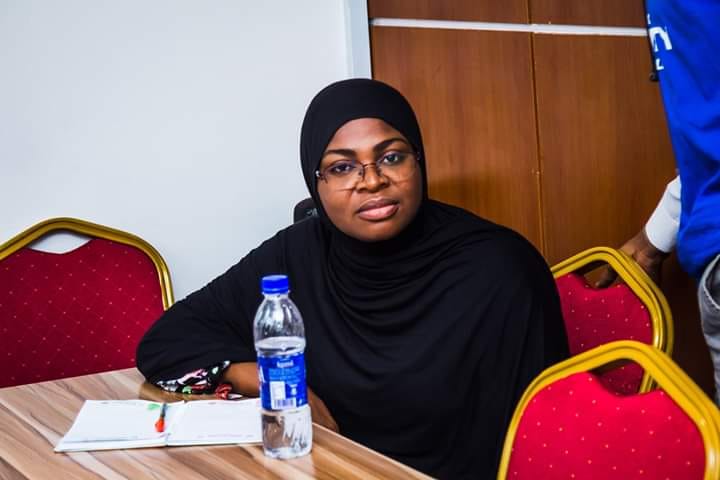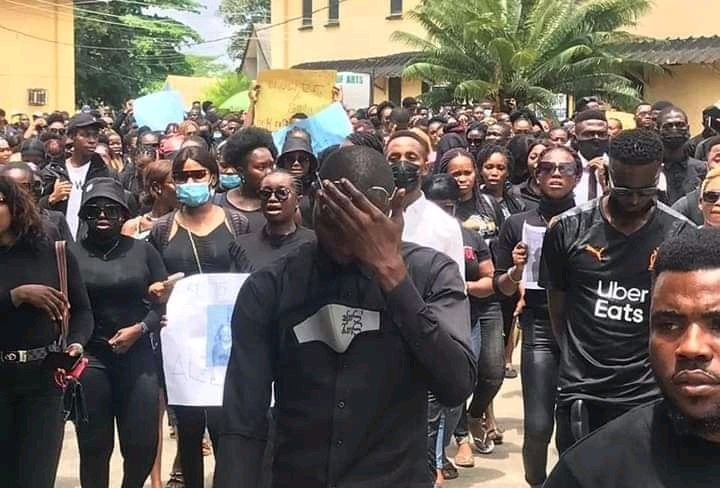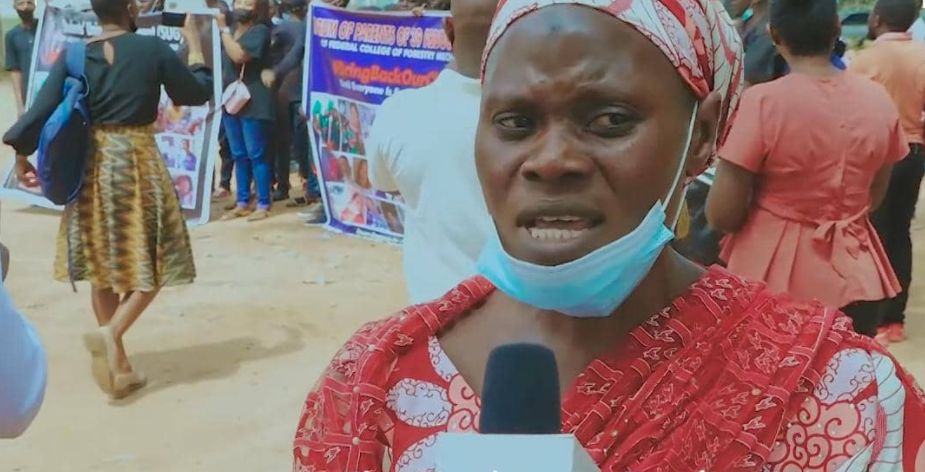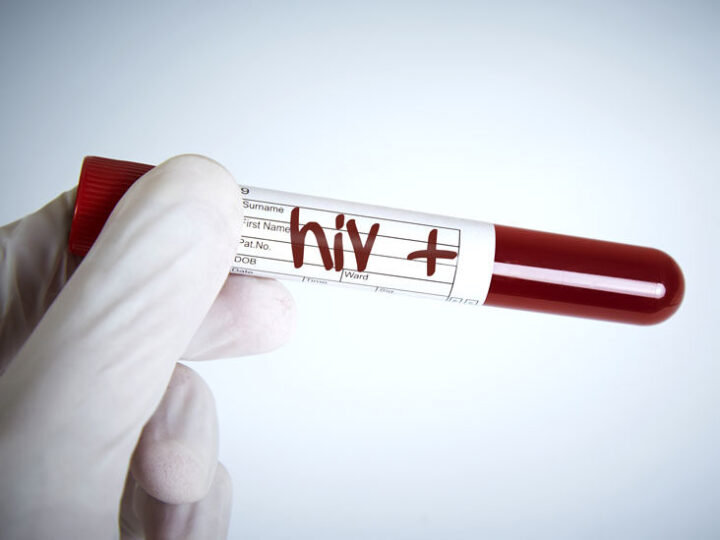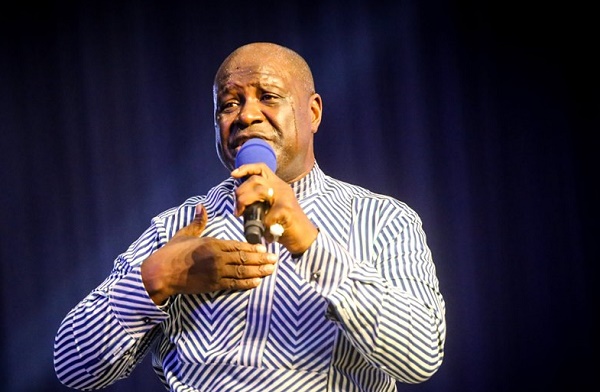Ramadan is all about spreading love, support and performing charitable services. This is a holy time when nearly two billion Muslims around the world practice self-discipline, and sacrifice, by performing acts of charitable services, known as Zakat.
With the theme of Ramadan deeply rooted in giving, it is unsurprising to see that a research stated that 90% of survey respondents in Nigeria agree that brands should find ways of giving back during Ramadan. This is a season where individuals and businesses seek ways to give back to their communities.
In this interview, Saratu Kassim speaks on the work she’s been doing with the Fertility Support Awareness and Aid Initiative. This Ramadan, she has been able to deploy the power of social media through Facebook to reach out to over a million women. Saratu is a fertility coach and an advocate for women on general maternity issues, while her foundation addresses fertility awareness and offers support to women, as well as integrating maternal mortality from the sustainable development goals.
How did you conceive the idea to start the Fertility Support Group (FSG) Africa?
Advertisement
When I got married, I felt it was only natural to get pregnant just like every other girl. The word infertility never existed in my dictionary as no one ever spoke about it. The years I waited before I conceived were the most difficult years of my life. I was sad, depressed, vulnerable and felt all alone in the entire world. It was during the course of my journey with infertility that I realised the shame, stigma and societal pressure women go through just to bear children. After I was blessed with my daughter, I decided to start ‘Fertility Support Group Africa’ to create awareness, support and give hope to those going through infertility. If I had not faced similar challenges, I probably wouldn’t even know about the pain and suffering women go through. My personal experience with infertility was the reason I started FSG Africa.
What inspired you to become a fertility coach?
What set me off on the journey to being a fertility coach, was first my experience with infertility and secondly, my background in biosciences. I was able to read extensively regarding infertility. I amassed so much knowledge that I was able to hold conversations with my doctors about the subject. I knew my knowledge as a fertility coach will help me to be able to better support the people who depend and rely on me daily.
Advertisement
How often do you reach out to families, especially women who go through the agony of being scourged of infertility?
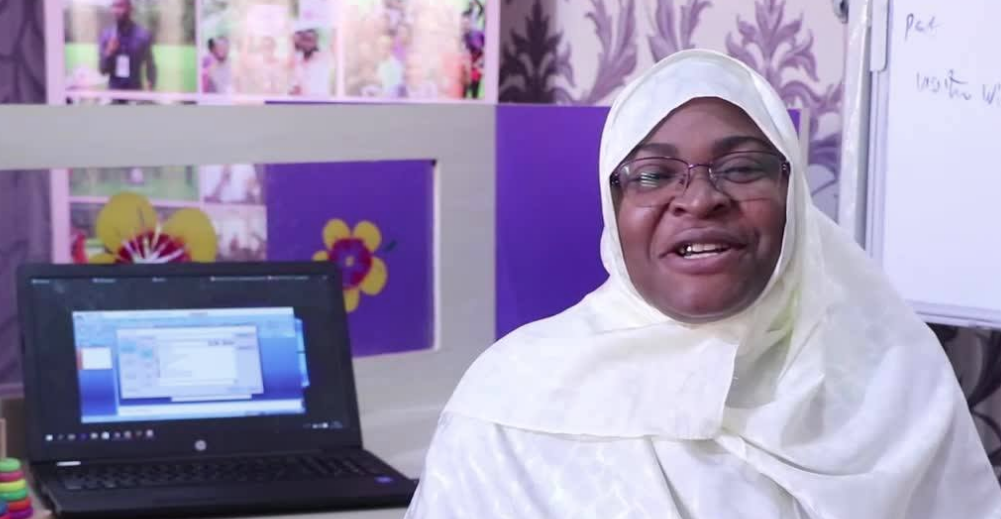
I reach out to women struggling to conceive both online and offline on a daily basis. We sometimes organise offline events; fertility talks and collaborations from time to time. But we have a thriving community of over 1.3 million women on Facebook.
What are the issues facing Nigeria’s health sector in relations to fertility?
For the government, infertility is not considered a priority as they already feel the country is overpopulated. In spite of how expensive fertility treatments are, it is not covered by the National Health Insurance Scheme. There is no form of support, data, survey or awareness regarding the issue in Nigeria by the government. There is also a huge knowledge gap between doctors and patients. We try to fill in these gaps as much as we can every day through education.
Advertisement
In your capacity as a fertility coach, what does the Holy Month of Ramadan mean to you?
As a fertility coach, I know the month of Ramadan is a month of purification where we detoxify and prepare the body for conception. Fasting itself is a form of detoxification. So, we encourage our community members to use it as a period to cleanse their system and only consume diets that are nutritious and help to boost fertility. Also, during Ramadan we get lots of reward for performing charitable acts.
How best can the well-meaning in the society support those going through the trauma of infertility during the period of Ramadan?
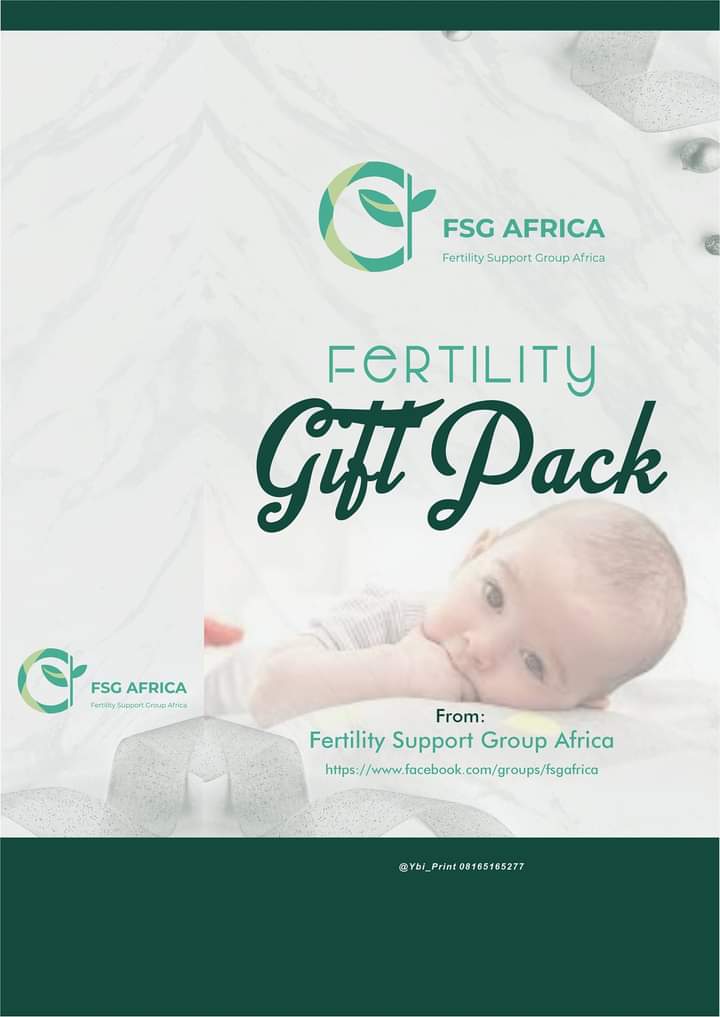
Advertisement
What is more beautiful than giving someone an opportunity to have their own child? The well-meaning in society can help by either collaborating with the fertility clinics to help subsidise the price of fertility treatment in this holy month. They can also help to build a free fertility centre through donation where those who can’t afford treatment can get help.
How have you used the Facebook suite app to reach out, promote love, togetherness and kindness during Ramadan?
Advertisement
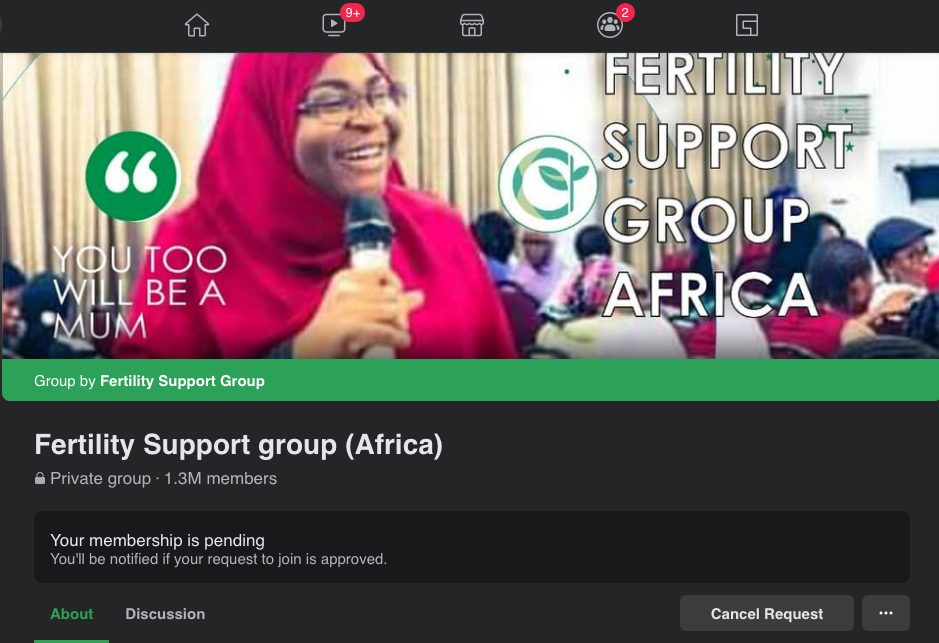
Facebook has been a very useful platform for us. We use a lot of Facebook features like the question-and-answer feature to understand what our members truly want during this period. We also use polls to get members’ suggestions and opinions. Facebook Live is another well-used feature for us.
How will the Fertility Support Group Africa show love and kindness to people during Ramadan this year?
Advertisement
This Ramadan, I and my team decided to come up with charitable programs to help our members. We will be doing a complete fertility challenge on Facebook for free to help members with healthy iftar recipes as well as habits that will support and help them achieve their goals. In the challenge, we go through a lot of activities centered around mindset shift and detoxification.
We will also be giving out a free fertility e-Book to help them prepare for the challenge before it starts, as this will create uniformity and prepare them before the start day. The challenge will kickstart on the last 10 days of Ramadan.
Advertisement
Also, we will be organising 200 fertility gift packs for our members who can’t afford them. The gift packs will contain doctors recommended supplements like folic acid and multivitamins, ovulation test kits, thermometer and bbt charting sheets. We are already getting support from members regarding the packs. I will also be gifting 200 hard copies of my book which is a motivational book about my struggles and triumph with infertility.
What are some of the challenges you have surmounted in the FSG Africa’s journey to where it is now?
When I started FSG Africa, I just wanted to share my story and give hope and support, I never envisaged it to grow this fast and big, so at first, I struggled with content writing and moderating the group. But I realised that I got better the more I applied myself and wrote, the better I got at creating content. Now I do it effortlessly. Also, with the help of other group admins and moderators, we are now able to make the group a safe space for members, as managing the group was an issue when we first set out.
Another challenge was the leadership aspect, I never planned for it, so it was difficult to accept at first. But the more women I saw that looked up to me for guidance, the more I grew into leadership, as I never wanted to fail them. So, with time, I got better and comfortable. It comes naturally now.
Yet another challenge was that I suffered from imposter syndrome, where I felt like a fraud and unqualified to do the work I did. But when I began to see the positive results and hear the testimonials from the work I did, it helped me feel more comfortable and confident in my abilities.
I have learnt so much in these few years to be more patient, more tolerant and more emphatic. In as much as everyone looks up to you for guidance, without your community members, you are no one. So, I love, appreciate and respect every member of my community.
Add a comment
